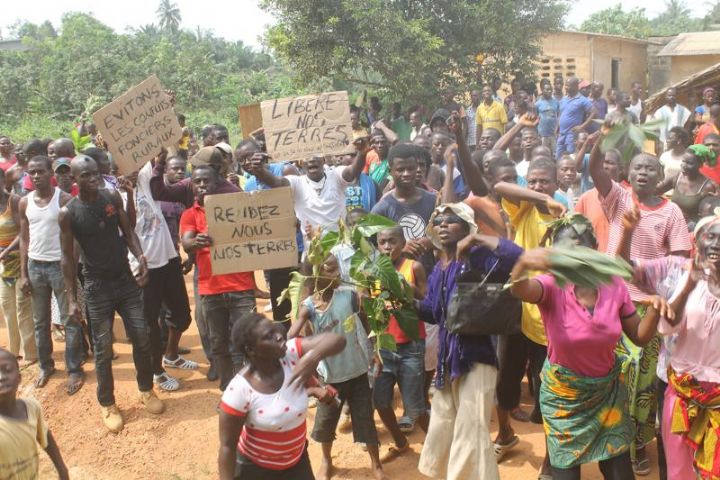This session brought together colleagues from different organizations working in the broad field of land rights, discussing lessons and experiences from working in crisis mode, in fragile and conflict affected settings. The participants shared experiences, challenges they faced especially during Covid, the solutions they found and critically reflected on shortcomings and unsolved issues.
Tony Piaskowy of Cadasta sketched out their experiences and lessons from continuing their work during Covid. Anna Locke of ODI presented on Why Land is Important in Understanding Violent Conflict: Strengthening Conflict Analysis and Prediction Tools. Mathijs van Leeuwen brought together the insights from practice and research to draw broader lessons and point out issues for discussion.
Key Takeaways
- While Covid brought particular challenges, those working on land rights in fragile and conflict affected settings are already used to working in crisis mode.
- Digital technologies can provide work arounds when travel is restricted.
- Access restrictions force greater localization and strong local actors – shift of power.
- Strong networks and relationships are key to ensure effectiveness in crisis mode.
- Digitization of land data comes with very specific challenges around legitimacy.
- The impact of Covid on (perceived) tenure security is not yet clear.
- Perceived tenure security can be one factor driving conflict but also the other way around.
- Vulnerable group´s tenure security was particularly affected by Covid.



